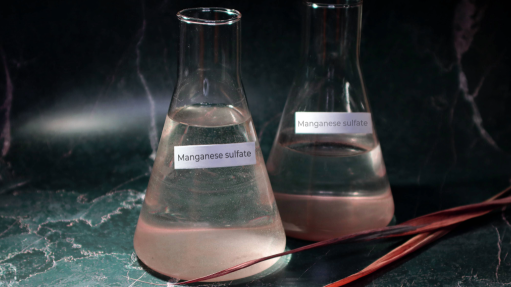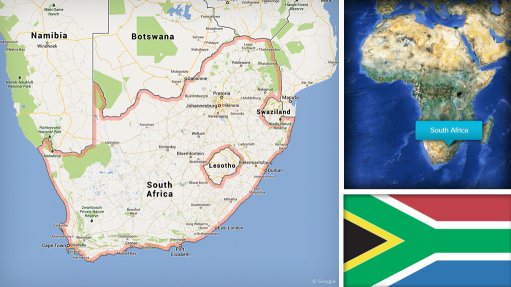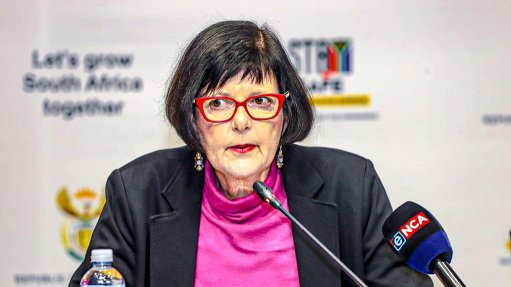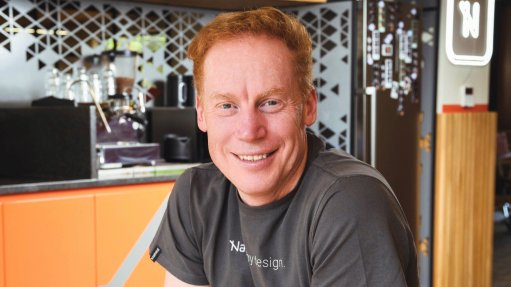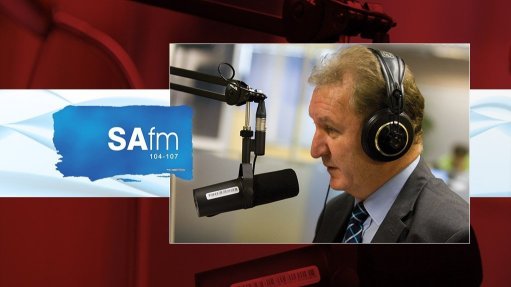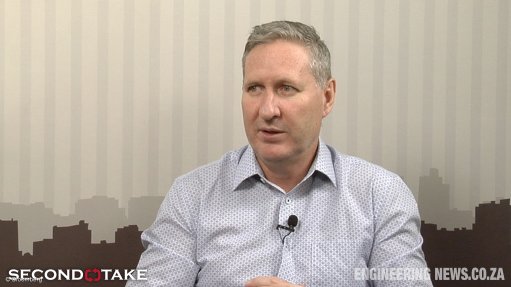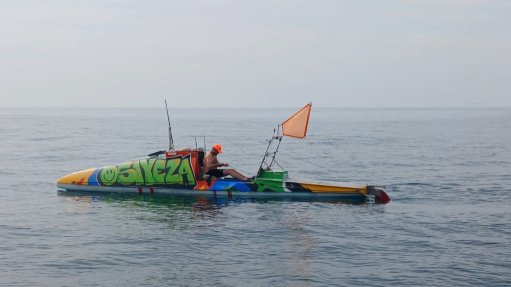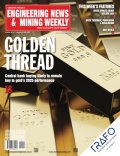Half of South Africans in a ‘precarious nutrition situation’
Independent research body the Bureau for Food and Agricultural Policy (BFAP) has warned that poorer households in South Africa would be put at risk, in terms of both their nutrition and health, if they suffer a fall in their income or an increase in food prices, as a result of measures put in place to counter, or the consequences of, the Covid-19 pandemic. This was the conclusion of the BFAP’s second brief report on the impact of the disease, entitled ‘How South Africans spend their food budgets’.
The country went into a 21-day lockdown on March 27. “South Africans are used to relying on a highly competitive and effective food system, which will now be tested to its limits, especially in rural areas where critical information is lacking and we have a big concentration of vulnerable people,” warned the BFAP. “Effective collaboration and coordination between communities, the private sector and government will be decisive and researchers and analysts will have to support decision-makers with accurate information and analyses.”
Although people in rural areas generally produced some of their own food, urban populations were dependent on food products supplied through formal agricultural supply chains. But there was a huge difference in the proportion of their incomes that urban dwellers paid for food.
For its Living Conditions Survey, Statistics South Africa divided the population into ten groups, with Group 1 comprising the poorest and Group 10 the richest. The people in Group 1 spent 40% of their income on food. Group 1 to Group 5 populations combined spent an average of 37% of their income on food. Group 6 to Group 10 combined spent an average of 14% of their income on food. Group 10, the richest, spent just 5% of their income on food.
These facts had knock-on effects. Spending so much of their incomes on food obviously meant that poorer South Africans had less to spend on other things.
Thus, those in Group 1 to Group 5 inclusive spent an average of 24% on housing, 9% on travel (poorer South Africans generally live quite a distance from where they work), 8% on clothing, and only 1% each on education and health. In terms of their food expenditure, these poorer consumers spent 32% on bread and cereals, 21% on meat, 13% on vegetables, 8% on dairy products and 7% on beverages. (These figures excluded any subsistence production by, or government assistance in kind to, these poorer people.)
The BFAP has developed a ‘healthy food basket’ concept, divided into a thrifty (or low-cost) option and a moderate-cost option. The two baskets contained the same type of foods, but in different proportions. The foods in the baskets were starch-rich staples, such as maize meal, brown bread, rice, potatoes and wheat flour; animal protein foods – beef mince, chicken pieces, tinned pilchards, eggs and cheese; dairy products (full-cream milk); fruit – apples, bananas, oranges; vegetables, such as tomatoes, onions, carrots, cabbage, pumpkin; fats and oils (sunflower oil, peanut butter, and margarine); and legumes – baked beans in tomato sauce and dried beans.
The bureau reported that, over the five years 2015 to 2019, the price of the thrifty healthy food basket increased by 19.1% and that of the moderate-cost option by 19.6%. In money terms, last year, the thrifty option cost R2 479 per household per month, while the moderate-cost option came to R3 618 per household per month. The consequence was that only the more prosperous half of the population could afford the thrifty food basket, and only the most affluent 30% could pay for the moderate-cost basket.
“This brief highlights two pertinent dynamics in the context of consumer spending in South Africa,” emphasised the BFAP. “Firstly, poorer households dedicate a significant proportion of total spending to buying food, which has wide-ranging implications if in the current fight against Covid-19, household income drops suddenly, or food prices increase unexpectedly. “It is also exactly these households that are most vulnerable to health-related shocks, which could place extra demands on their already low incomes unless relief is provided. Second, the analysis on food spending and affordability highlights once again that a large proportion of South Africans are already struggling to afford a basic healthy food basket. Could this crisis be the event that finally brings this unacceptable state of affairs home to all South Africans?”
Comments
Press Office
Announcements
What's On
Subscribe to improve your user experience...
Option 1 (equivalent of R125 a month):
Receive a weekly copy of Creamer Media's Engineering News & Mining Weekly magazine
(print copy for those in South Africa and e-magazine for those outside of South Africa)
Receive daily email newsletters
Access to full search results
Access archive of magazine back copies
Access to Projects in Progress
Access to ONE Research Report of your choice in PDF format
Option 2 (equivalent of R375 a month):
All benefits from Option 1
PLUS
Access to Creamer Media's Research Channel Africa for ALL Research Reports, in PDF format, on various industrial and mining sectors
including Electricity; Water; Energy Transition; Hydrogen; Roads, Rail and Ports; Coal; Gold; Platinum; Battery Metals; etc.
Already a subscriber?
Forgotten your password?
Receive weekly copy of Creamer Media's Engineering News & Mining Weekly magazine (print copy for those in South Africa and e-magazine for those outside of South Africa)
➕
Recieve daily email newsletters
➕
Access to full search results
➕
Access archive of magazine back copies
➕
Access to Projects in Progress
➕
Access to ONE Research Report of your choice in PDF format
RESEARCH CHANNEL AFRICA
R4500 (equivalent of R375 a month)
SUBSCRIBEAll benefits from Option 1
➕
Access to Creamer Media's Research Channel Africa for ALL Research Reports on various industrial and mining sectors, in PDF format, including on:
Electricity
➕
Water
➕
Energy Transition
➕
Hydrogen
➕
Roads, Rail and Ports
➕
Coal
➕
Gold
➕
Platinum
➕
Battery Metals
➕
etc.
Receive all benefits from Option 1 or Option 2 delivered to numerous people at your company
➕
Multiple User names and Passwords for simultaneous log-ins
➕
Intranet integration access to all in your organisation






